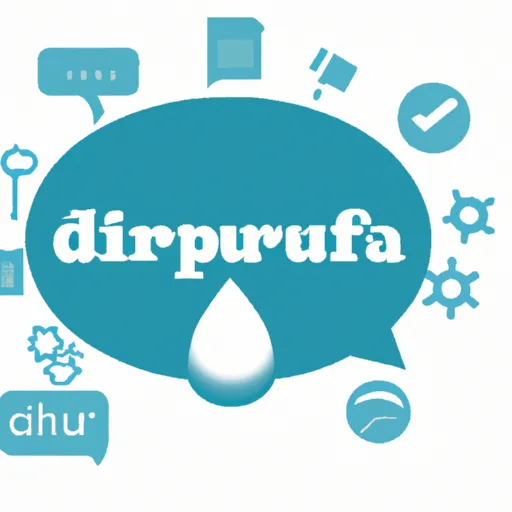
Drupal is a powerful content management platform (CMS) that allows you to create and manage various websites, blogs, forums, and other online projects. Drupal is one of the most popular CMS platforms in the world and is used by many large organizations and companies.
Drupal provides a wide range of features for efficient content management. It allows you to create, edit, and publish various types of content, including articles, pages, blogs, images, videos, and more. With its flexibility and power, Drupal can be adapted for various types of sites, from small blogs to large corporate portals.
Drupal has a large number of modules and themes that allow you to extend the functionality and appearance of your site. Modules provide additional features such as commenting systems, social media integration, site search, and much more. Themes, on the other hand, allow you to change the design of your site and adapt it to your needs.
Drupal also offers powerful user management tools. You can create different user roles, assign permissions, moderate comments and content, manage subscriptions, and much more. This makes Drupal an ideal tool for creating online communities and information-sharing platforms.
One of Drupal's features is its flexibility. The platform allows you to create custom content types and configure their fields and attributes. This allows you to create sites with unique structures and characteristics that better suit your individual needs.
Drupal also has a powerful theme and template management system, which allows you to change the appearance of your site and adapt it to your needs. You can create your own themes using HTML, CSS, and PHP, or choose from the many available themes provided by the Drupal community.
The award-winning Accessibility Checker shows that Drupal projects meet the national WCAG 2.0 AA requirements in Canada and the US, and also comply with a wide range of international accessibility standards, such as W3C 2.0 guidelines and BS 8878. To fulfill this role, the Drupal CMS offers a series of built-in accessibility tools in its core. Its JavaScript complies with WCAG 2.0 AAA requirements, and core CSS stylesheets support fourth level quadruple CSS.
Drupal is also an open-source platform that can be freely downloaded and installed. This means that you can not only use Drupal to create your site but also contribute to its development by creating modules and themes, documenting features and bugs, reporting vulnerabilities, and participating in the community process.
Drupal has a large community of developers, designers, and users who actively share information and expertise, help each other, and collectively contribute to the platform's development. You can find answers to your questions, solutions to your problems, and participate in various Drupal projects and events.
In conclusion, Drupal is a powerful tool for efficient content management on your site. It offers a wide range of features, flexibility, powerful user management tools, and an extensive community for support and development. If you're looking for a reliable and flexible platform for your web project, Drupal is an excellent choice.


